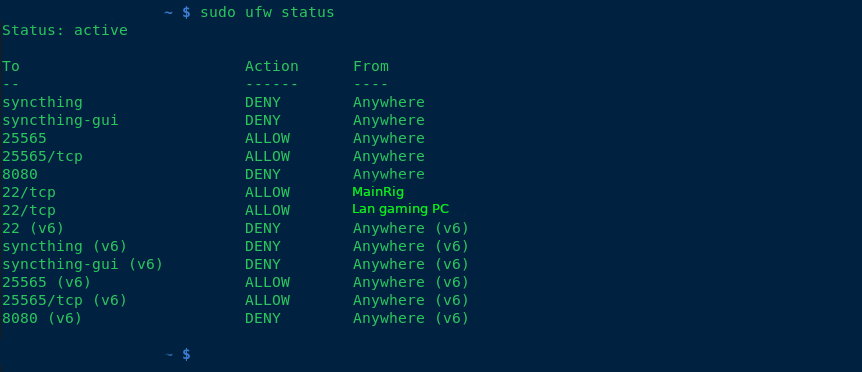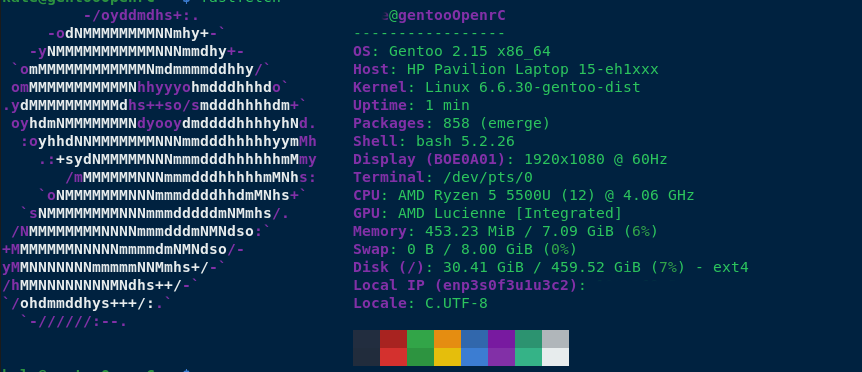Selfhosted
A place to share alternatives to popular online services that can be self-hosted without giving up privacy or locking you into a service you don't control.
Rules:
-
Be civil: we're here to support and learn from one another. Insults won't be tolerated. Flame wars are frowned upon.
-
No spam posting.
-
Posts have to be centered around self-hosting. There are other communities for discussing hardware or home computing. If it's not obvious why your post topic revolves around selfhosting, please include details to make it clear.
-
Don't duplicate the full text of your blog or github here. Just post the link for folks to click.
-
Submission headline should match the article title (don’t cherry-pick information from the title to fit your agenda).
-
No trolling.
Resources:
- selfh.st Newsletter and index of selfhosted software and apps
- awesome-selfhosted software
- awesome-sysadmin resources
- Self-Hosted Podcast from Jupiter Broadcasting
Any issues on the community? Report it using the report flag.
Questions? DM the mods!
view the rest of the comments


Totally agree with the mentions of Wireguard and Tailscale. They make this super easy. Have done exactly this myself before, for the same use case.
However at the time, i had to change something in the server-properties config file in order for it to work properly. Minecraft servers still authenticate users when hosting yourself (afaik). This however isnt possible over a mesh netowrk like wireguard/tailscale. I simply had to change a boolean value of the line called something like, server-online, or online-mode..
Best of luck!
i think i may go with wire guard, do you know of any good videos or tutorials? i found this, https://www.digitalocean.com/community/tutorials/how-to-set-up-wireguard-on-ubuntu-20-04
I recommend using a docker container, they make the whole thing painless and easy.
I think the Linuxserver.io one is what I used from memory.